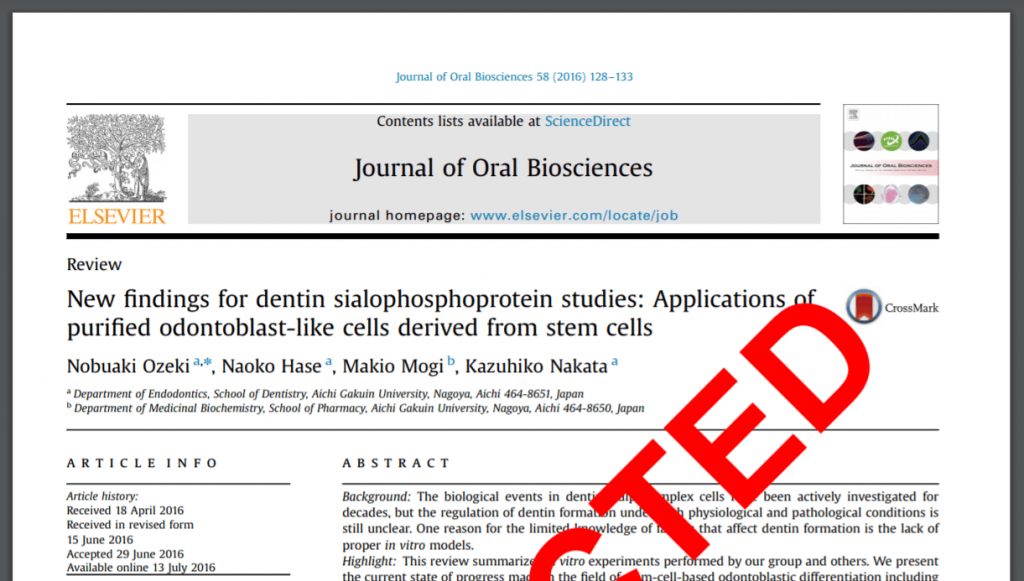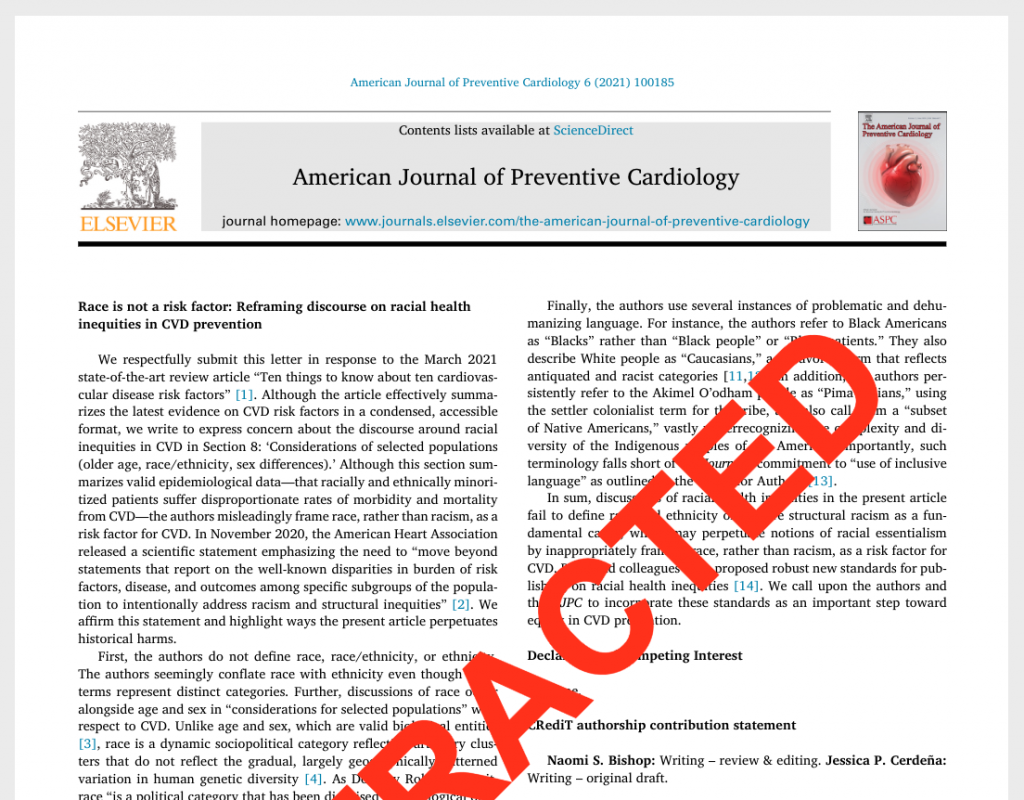The authors of a prizewinning paper on how large financial institutions hedge risk have retracted their article and have returned the award after another researcher could not replicate the findings.
The paper, “Risk Management in Financial Institutions,” was published in 2019 in the Journal of Finance by a group from Duke University, in Durham, N.C., and HEC Paris, in France. In January 2021, the article received a 2020 Brattle Prize Distinguished Paper in Corporate Finance for the work, which has been cited six times, according to Clarivate Analytics’ Web of Science. The prize carries a $10,000 award.
But when Paul Guest, a finance scholar at King’s College London, in the United Kingdom, tried to replicate the study, he found he could not. In an article published earlier this month in the Journal of Finance, Guest detailed his approach, which revealed: “six discrepancies in [the article’s] reporting, coding, and data.”
According to the retraction notice, the authors say they are returning the Brattle Prize:
Continue reading Researchers forfeit $10,000 award when paper’s findings can’t be replicated








